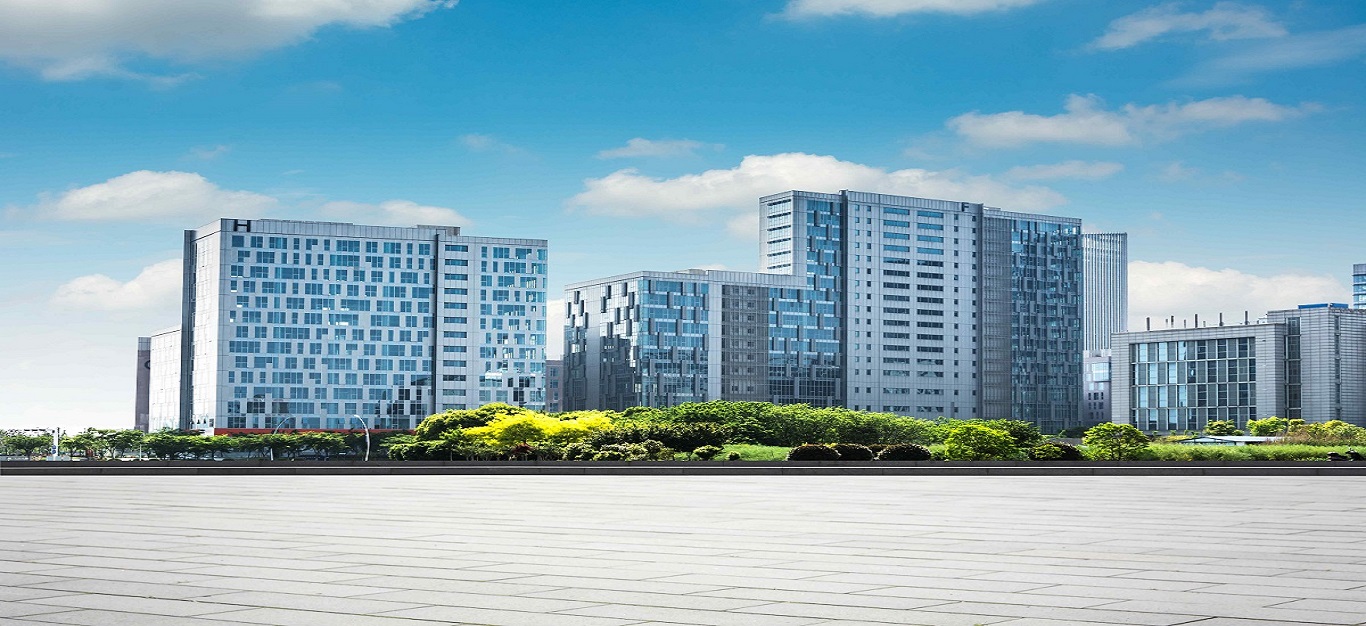

JVM Spaces is a distinguished and reputable name in the Indian real estate industry, known for its unwavering commitment to quality, innovation, and customer satisfaction. With a portfolio that encompasses both residential and commercial projects, JVM Spaces has consistently delivered properties that stand out for their design excellence, superior construction standards, and functional utility. JVM Spaces aims to redefine urban living by developing high-quality real estate projects that cater to the evolving needs of modern society. The company's mission is to build homes and commercial spaces that provide value, comfort, and a high standard of living, all while adhering to sustainable practices and maintaining the utmost integrity and transparency in all transactions. Quality is the cornerstone of JVM Spaces' philosophy. The company employs the latest construction techniques and materials to ensure that each project meets the highest standards of durability and aesthetic appeal. Innovation is at the heart of JVM Spaces’ approach, with each project designed to incorporate modern amenities, smart layouts, and sustainable features. This forward-thinking mindset ensures that JVM Spaces' developments are not only beautiful but also efficient and environmentally friendly.
Boost in Real Estate Demand: JVM Spaces has played a crucial role in stimulating demand in Mumbai's real estate sector. Their projects, known for their modern amenities and strategic locations, have attracted a broad spectrum of buyers, including middle and upper-middle-class families, young professionals, and investors. This influx of demand has contributed to an increase in property values in areas where JVM Spaces projects are located.
Enhancement of Urban Landscape: JVM Spaces' projects are often part of larger urban development initiatives that include the enhancement of infrastructure and public amenities. Their developments typically feature well-planned layouts with ample green spaces, recreational facilities, and robust security measures. These features not only improve the quality of life for residents but also contribute to the overall urban aesthetic and functionality.
Socio-Economic Mobility: By developing affordable and mid-range housing projects, JVM Spaces facilitates socio-economic mobility. Their developments offer quality housing options to a wider audience, enabling more people to own homes in Mumbai. This, in turn, supports social stability and community development, as homeownership is often linked to improved socio-economic status.
Affordability and Accessibility: While JVM Spaces has made strides in offering diverse housing options, the issue of affordability remains a critical challenge in Mumbai's real estate market. The high cost of land and construction in Mumbai often translates to higher property prices, which can be prohibitive for many potential buyers. Addressing affordability without compromising on quality and sustainability is a delicate balance that JVM Spaces continues to navigate.
Expansion and Innovation: Looking ahead, JVM Spaces is poised to expand its footprint in Mumbai and beyond. The company's focus on innovation, particularly in the realms of smart technologies and sustainable building practices, positions it well for future growth. By continuing to prioritize quality and customer satisfaction, JVM Spaces is likely to remain a key player in shaping Mumbai's real estate landscape.
Collaboration with Government and Private Entities: Collaborative efforts between JVM Spaces, government agencies, and other private developers could further enhance Mumbai's real estate sector. Public-private partnerships can facilitate the development of large-scale infrastructure projects, affordable housing initiatives, and urban regeneration programs. Such collaborations are essential for addressing the complex challenges of urbanization and ensuring sustainable growth.
Mumbai, often referred to as the financial capital of India, boasts one of the most dynamic and complex real estate markets in the country. The city's real estate sector is characterized by high demand, limited supply, and escalating property prices, driven by its status as a major commercial, cultural, and economic hub. Mumbai's real estate market is marked by an enduring high demand for residential and commercial properties. The city's allure stems from its thriving job market, especially in finance, entertainment, and technology sectors, attracting a large influx of professionals and migrants. However, the supply of developable land is limited due to the city's geographical constraints, leading to a consistent mismatch between demand and supply. The real estate market in Mumbai spans various segments, including luxury, mid-range, and affordable housing, as well as commercial and retail spaces. The luxury segment, with its opulent residences and high-end amenities, caters to the affluent, while the mid-range and affordable segments aim to provide housing solutions for the middle class and economically weaker sections. Given the scarcity of land, redevelopment projects have gained prominence in Mumbai. Aging buildings and slum areas are being transformed into modern residential and commercial complexes. These projects not only help in optimizing land use but also contribute to urban renewal and infrastructure improvement.
Mumbai's vision of becoming a 'Smart City' presents significant opportunities for the real estate sector. Smart city initiatives focus on leveraging technology and data to improve urban infrastructure, enhance public services, and promote sustainable development. Real estate developers can capitalize on these initiatives by incorporating smart technologies in their projects, such as energy-efficient systems, smart home features, and integrated community services. The future of Mumbai's real estate market hinges on sustainable growth, innovation, and policy support. Embracing sustainable building practices, adopting new construction technologies, and focusing on community-centric development will be key to addressing the city's housing and infrastructure needs. Government policies that promote affordable housing, streamline regulatory processes, and incentivize green development will also play a crucial role in shaping the market's trajectory.